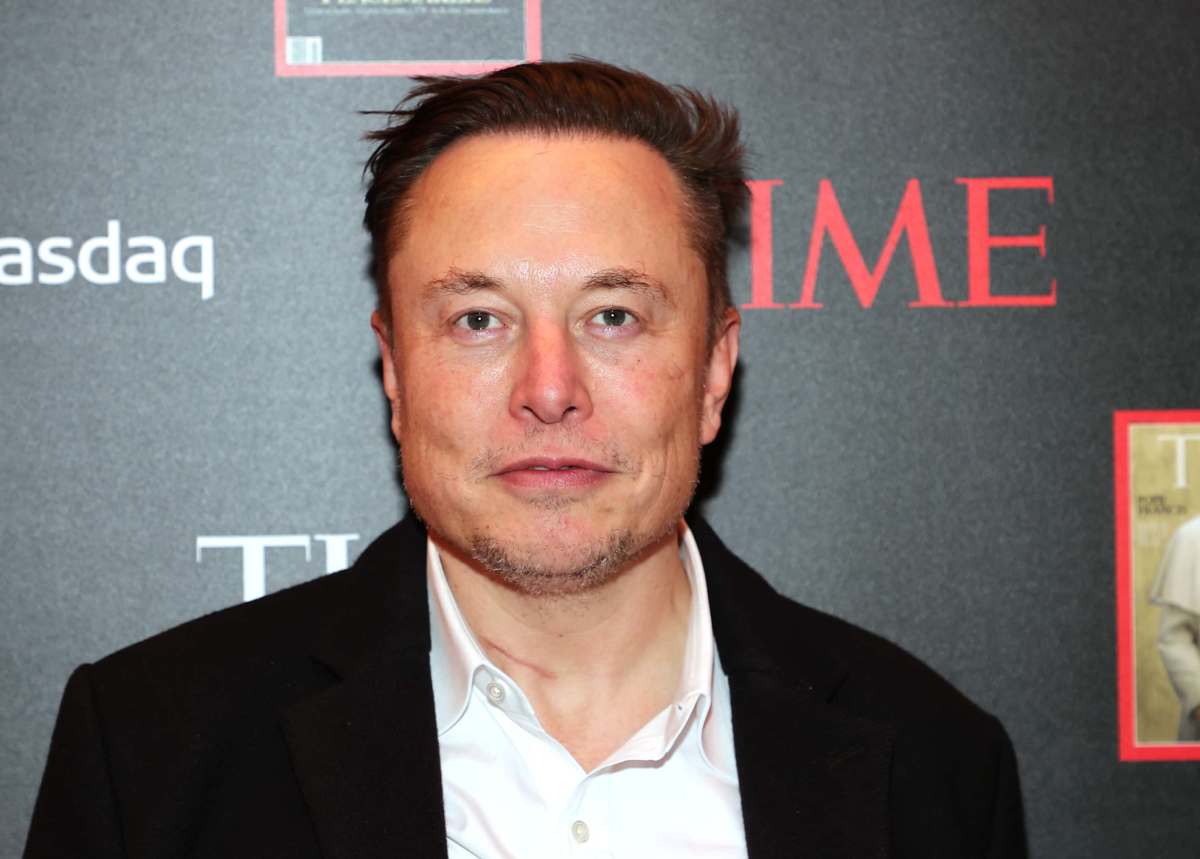Who is Jiyoung Yoon? NY woman sues Elon Musk's Tesla after her partner dies in car crash involving Model 3

ROCKLAND COUNTY, NEW YORK: A tragic car accident involving a Tesla Model 3 has led to a legal battle as Jiyoung Yoon, the grieving wife of the victim, seeks justice and accountability from the electric car manufacturer.
The incident occurred during a snowstorm in New York, when Jyung Woo Hahn, 46, was driving a white 2020 Model 3 and tragically lost control, resulting in a collision with a tree around 11 am on March 12, 2022. The aftermath was devastating, with the vehicle catching fire and Jyung Woo being unable to escape the engulfing flames.

Jiyoung Yoon pursues legal action against Tesla
Nanuet firefighters who responded to the scene described the fire as "extremely difficult" to extinguish due to the ruptured "375-volt lithium-ion battery" of the Tesla. This kind of battery is known for the phenomenon called "thermal runaway," where the battery enters a self-heating phase, releasing more energy as temperatures rise and causing further heat generation.
Despite the efforts of firefighting teams, it took more than 1,000 gallons of water and several hours to finally put out the flames. Jyung Woo was pronounced dead at the scene. Jiyoung's lawsuit claims that the car was not crashworthy and argues that it posed an "unreasonable danger" for its intended purpose, reported Daily Mail.
What is the Tesla Model 3 known for?
The Tesla Model 3, known for its fully-electric capabilities and advanced features like autopilot technology, is advertised as having a "rigid structure," "impact protection," and "very low rollover risk." However, this incident has raised questions about the vehicle's safety standards and whether its design truly met the demands of real-world accidents.
The controversy deepens as questions about the car's autopilot technology arise. However, the lawsuit doesn't clarify whether autopilot was engaged at the time of the crash. Tesla's autopilot system offers assistance with steering, acceleration, and braking, and while it's designed to assist drivers, incidents like these trigger debates about its reliability and potential contribution to accidents.
The incident also adds to the ongoing scrutiny of Tesla's self-driving software. Earlier this year, the National Highway Traffic Safety Administration issued a recall for over 362,000 Tesla vehicles due to concerns about the Full Self-Driving Beta software. This software was reported to enable vehicles to "exceed speed limits" and navigate intersections in "unpredictable ways," potentially increasing the "risk of crashes."
Tesla CEO Elon Musk has responded to the criticism, stating, "The word 'recall' for an over-the-air software update is anachronistic and just flat wrong." In October 2021, the company found itself compelled to initiate a recall of a particular iteration of Full Self-Driving, prompted by owners who reported instances of their vehicles abruptly applying brakes at highway speeds following an overnight update.
The following year, in 2022, the company executed yet another recall, this time involving over 50,000 vehicles. The concern centered around vehicles equipped with the Full Self-Driving feature being fitted with a "rolling stop" function, which permitted them to navigate through intersections without adhering to stop signs. Now, Jiyoung is pursuing legal action against Tesla for compensatory damages and is adamant about her desire for the lawsuit to proceed to a trial by jury.










